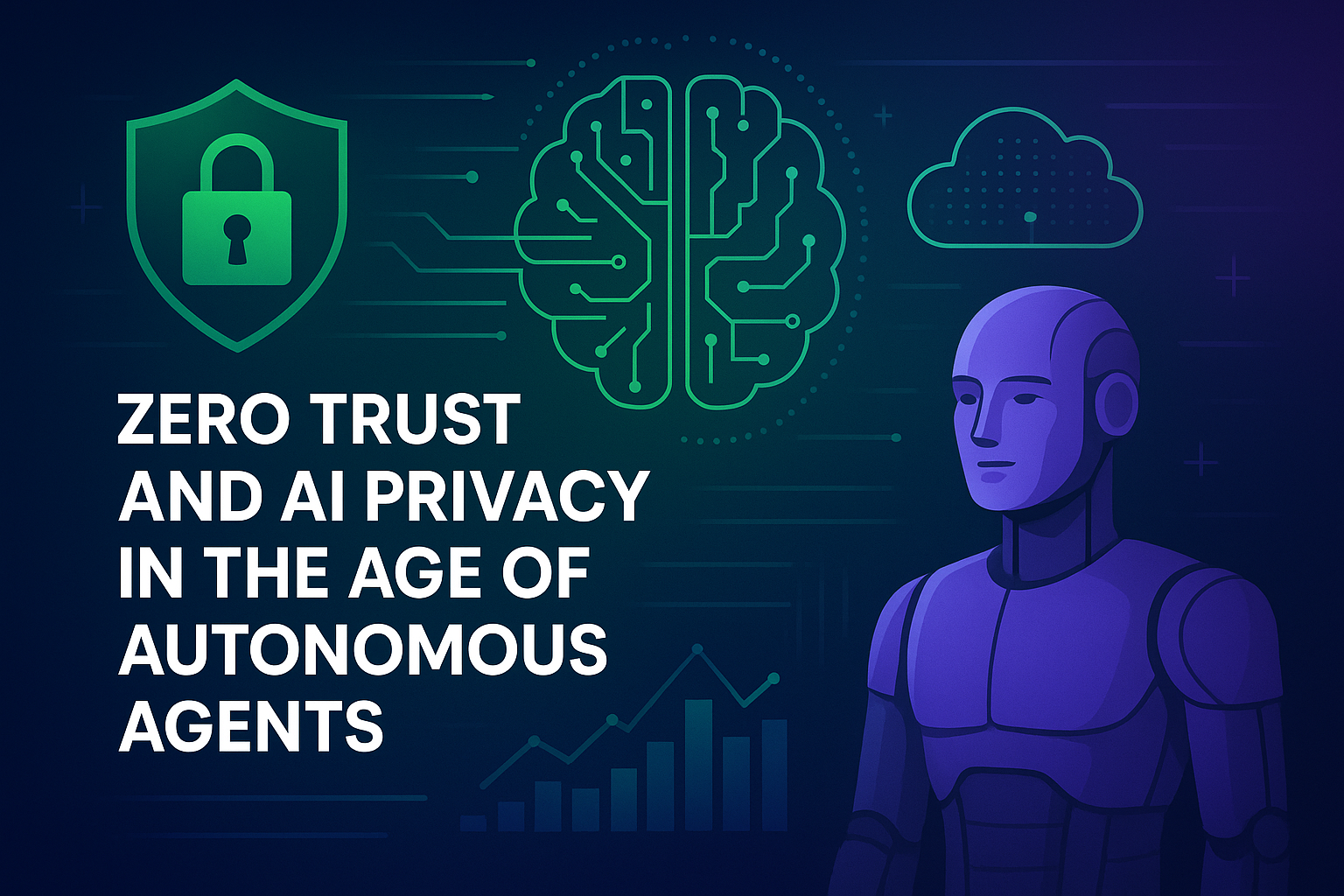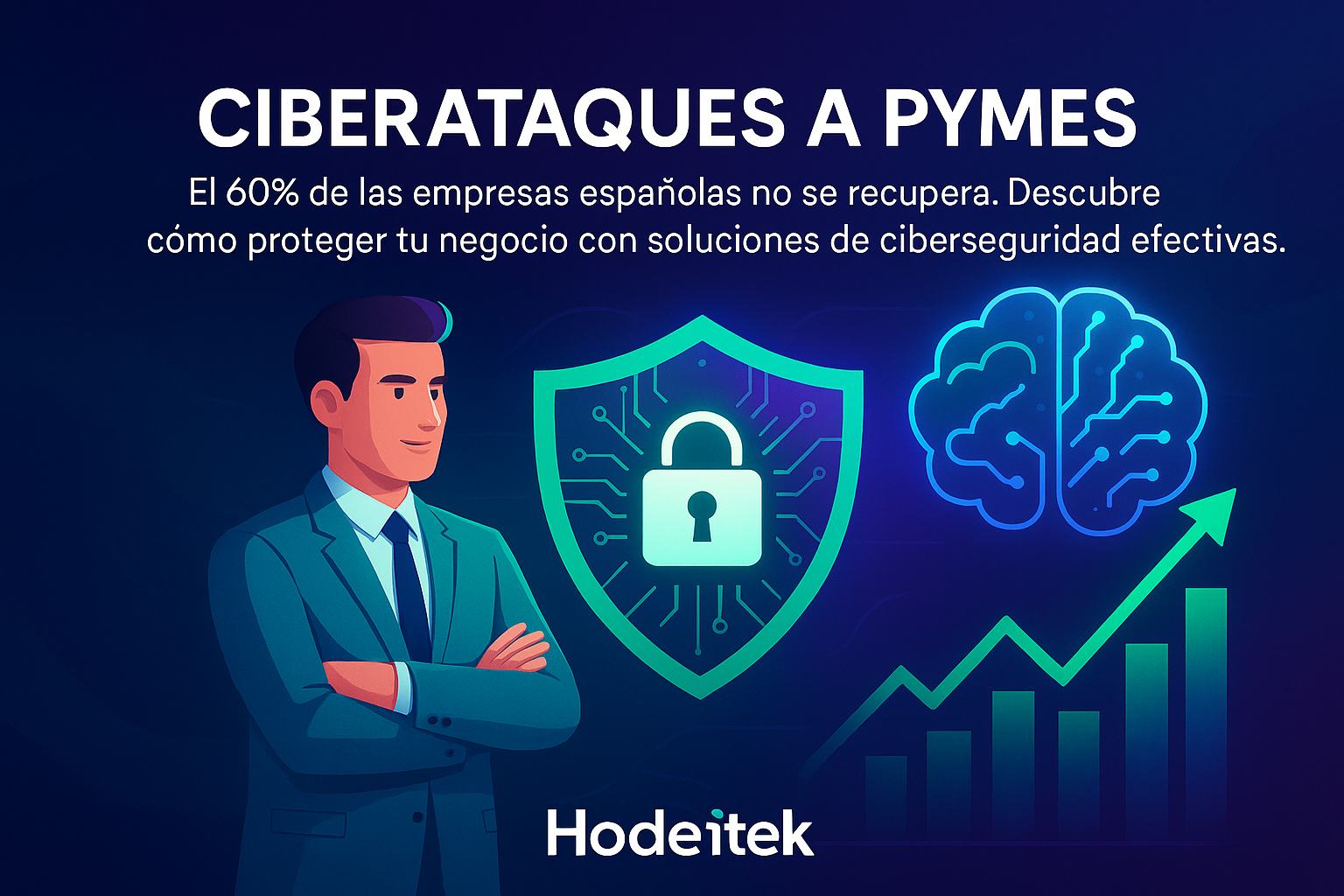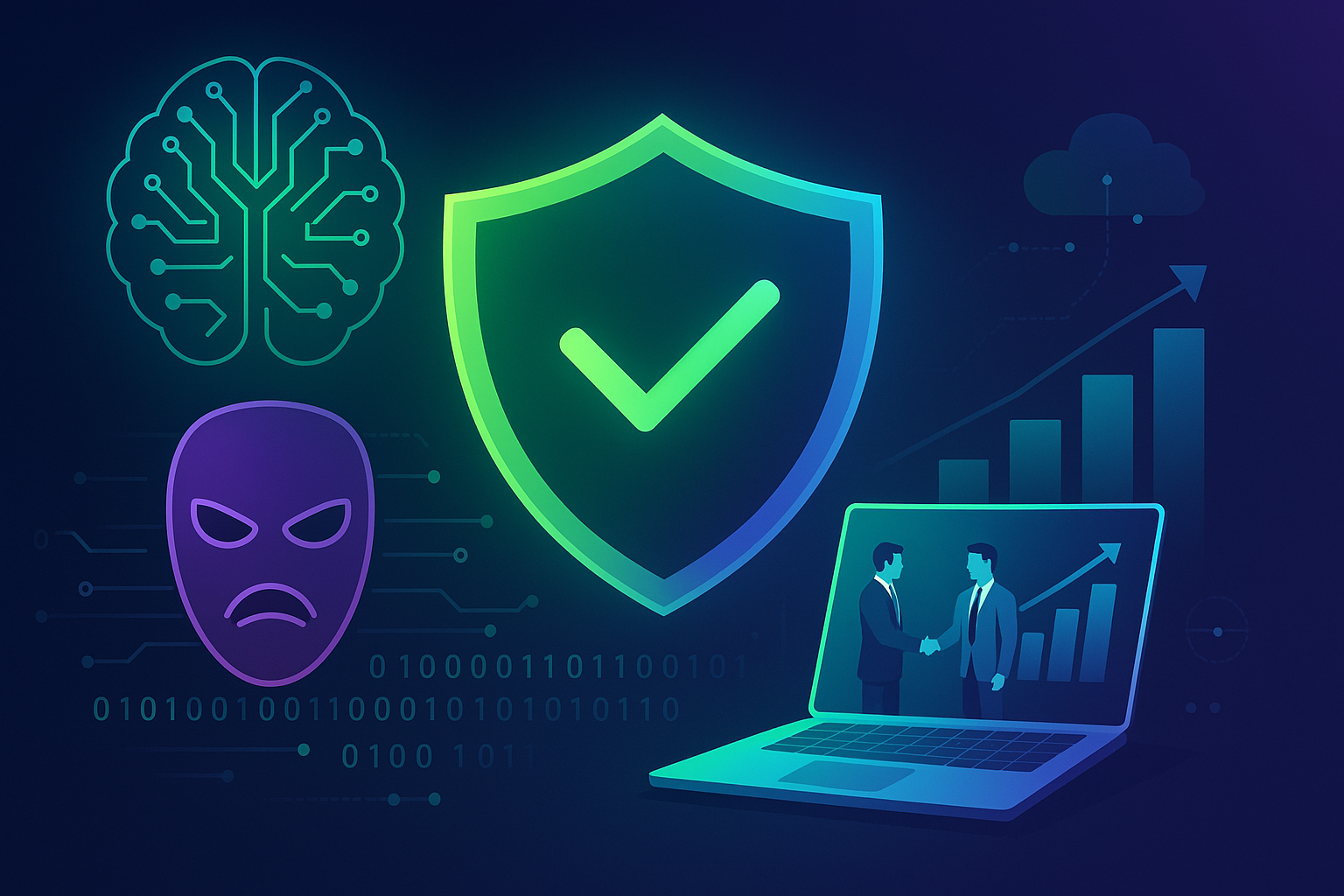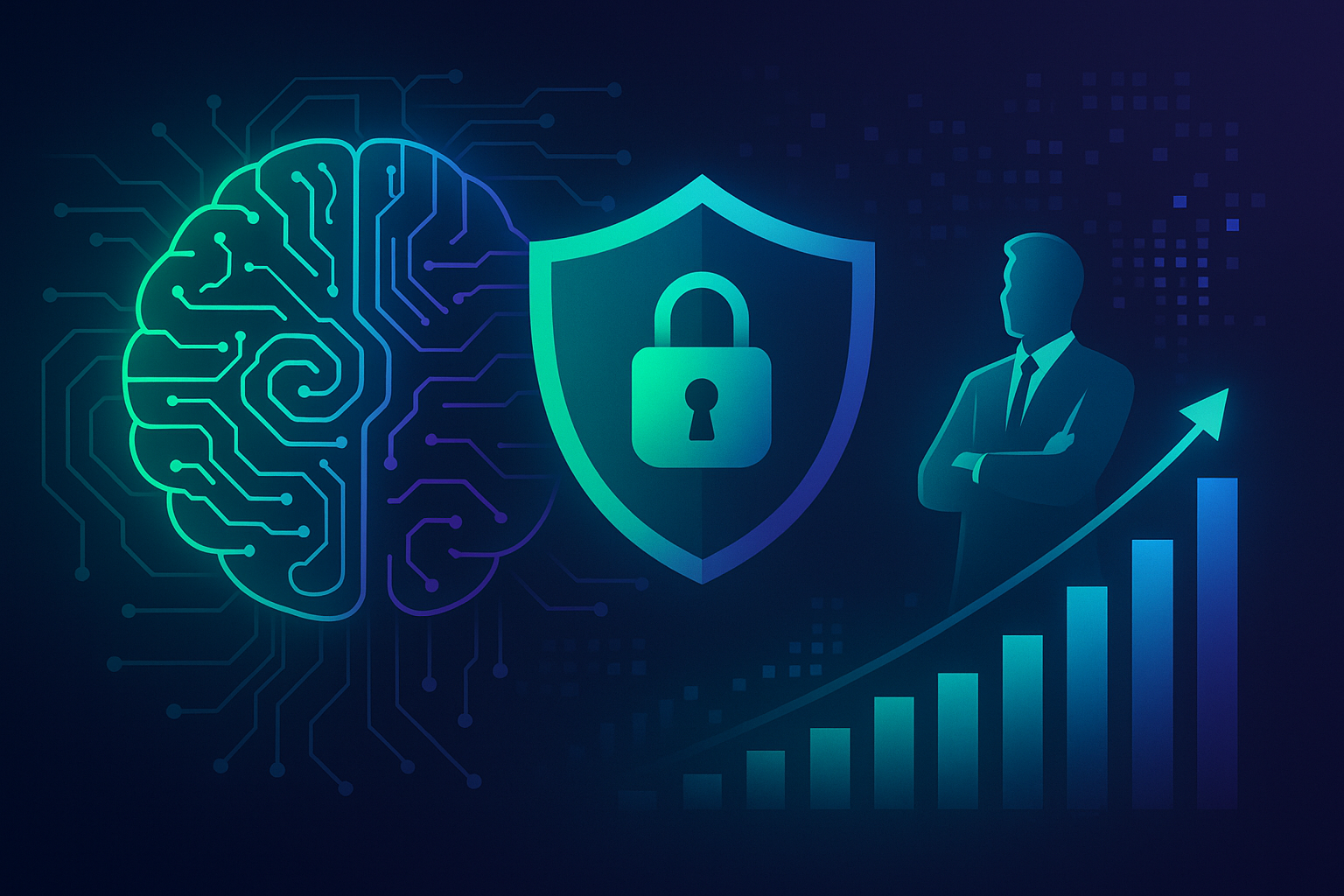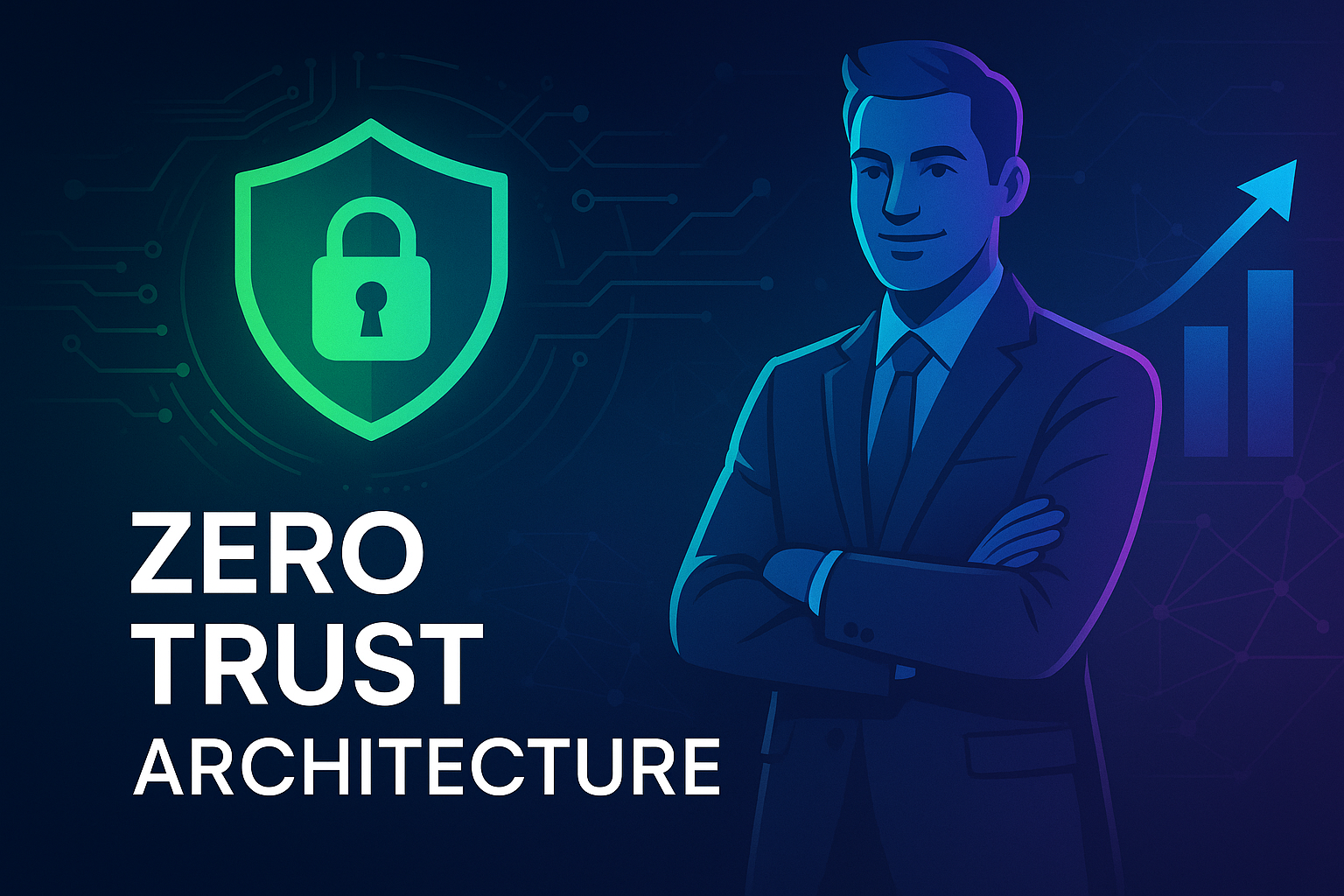Introduction: Understanding Zero Trust and AI Privacy in 2025
As artificial intelligence continues to evolve into more autonomous and agentic systems, the need for advanced cybersecurity principles such as Zero Trust and AI Privacy becomes increasingly critical. In 2025, with generative AI agents capable of decision-making, data access, and interconnectivity at unprecedented scales, traditional perimeter-based security models are no longer sufficient. Organizations must rethink their approach to digital trust, identity validation, and data access control in the face of emerging threats.
Zero Trust and AI Privacy represent a paradigm shift in how enterprises secure their digital environments. These concepts emphasize the minimization of implicit trust and the enforcement of continuous verification across all systems and users — including AI entities. With generative AI agents now interacting autonomously across networks, APIs, and sensitive data sources, the potential for exploitation, misuse, or privacy breaches has multiplied.
In this article, we will explore how Zero Trust and AI Privacy are essential for navigating the risks introduced by autonomous AI. We will examine the architectural, operational, and regulatory implications of these concepts, provide real-world examples, and connect how Hodeitek’s cybersecurity services can help organizations adopt robust AI-driven security models.
What is Zero Trust in the Context of AI?
Defining Zero Trust Security
Zero Trust is a cybersecurity framework that assumes no user, device, or application—inside or outside the perimeter—can be trusted by default. Instead, it mandates strict identity verification, least-privilege access, and real-time monitoring. As AI agents become more autonomous, they must also be subject to Zero Trust principles to prevent unauthorized access and data leakage.
In an AI-driven infrastructure, Zero Trust extends beyond human users to include machine identities and workloads. These must be continuously validated and monitored to detect anomalies or policy violations. Without Zero Trust, autonomous AI agents could pose insider threats or become targets for exploitation by attackers.
Zero Trust principles also enable granular control of how AI agents access sensitive systems. Through policy-based enforcement, organizations can limit AI access to only the data necessary for specific tasks, reducing exposure in case of compromise.
The Role of Identity and Access Management (IAM)
IAM plays a critical role in Zero Trust and AI Privacy. AI agents require digital identities that are authenticated through secure protocols. This allows organizations to apply role-based access control (RBAC) and attribute-based access control (ABAC) to AI systems, ensuring they only perform permitted operations.
Modern IAM platforms also support behavioral analytics and context-aware policies, which are essential for monitoring AI behavior. Any deviation from expected patterns can trigger alerts or automatic response actions.
Hodeitek offers advanced IAM integrations through its EDR/XDR/MDR services, enabling enterprises to apply identity-centric protections to AI workflows.
Zero Trust for AI-Generated API Traffic
Generative AI agents often rely on APIs to fetch data, trigger actions, or communicate with other systems. Without proper Zero Trust controls, these API calls can be exploited to exfiltrate data or perform unauthorized functions. Organizations must implement API gateways with strong authentication, rate-limiting, and anomaly detection.
Incorporating Zero Trust into API security means validating every API call based on context, identity, and behavior. AI-generated requests should be logged and monitored for suspicious activity, just like human interactions.
Hodeitek’s Next Generation Firewall (NGFW) solutions include advanced API protection features that help enforce Zero Trust policies across AI-driven environments.
AI Privacy Risks in Autonomous Systems
Data Exposure Through Autonomous Agents
Autonomous AI agents often require access to large datasets to perform tasks such as customer support, logistics optimization, or cybersecurity monitoring. However, granting unrestricted access can lead to privacy violations, especially when dealing with sensitive personal or financial information.
AI privacy must be enforced through data minimization, masking, and contextual access controls. Organizations should also monitor how data is used, stored, and shared by AI agents to ensure compliance with privacy regulations like GDPR or CCPA.
Hodeitek’s Vulnerability Management as a Service (VMaaS) helps identify weak points in data access policies that could expose sensitive information to AI systems.
Inference and Model Privacy Threats
One of the emerging challenges in AI privacy is model inversion, where attackers use AI outputs to infer sensitive data used during training. Additionally, if models are exposed via APIs, they can be reverse-engineered to extract proprietary information or user data.
To mitigate these risks, organizations must deploy privacy-preserving machine learning techniques, such as differential privacy, federated learning, and secure multi-party computation. These methods help protect training data while maintaining AI utility.
Hodeitek’s Cyber Threat Intelligence (CTI) services can detect adversarial techniques used to attack AI models, providing early warnings and remediation recommendations.
Compliance and Ethical Considerations
As AI systems make decisions that impact users and organizations, ethical and legal accountability becomes critical. Privacy regulations now require organizations to explain AI decisions, audit data usage, and protect user rights. This demands transparency and traceability in AI operations.
Zero Trust and AI Privacy frameworks help enforce compliance by logging AI actions, defining clear access policies, and ensuring human oversight. Ethical AI use must be embedded into organizational culture and supported by technical controls.
Hodeitek offers compliance-focused solutions through its SOC as a Service (SOCaaS) 24×7, which includes regulatory monitoring and reporting for AI environments.
Architecting a Secure AI Environment
Segmenting AI Workloads
One way to enforce Zero Trust and AI Privacy is by segmenting AI workloads from other systems. This limits the lateral movement of threats and confines potential breaches. Network segmentation, containerization, and access zoning are key architectural strategies.
Microsegmentation allows organizations to apply different security policies to different AI functions, such as training, inference, and logging. This granularity improves both security and compliance.
Hodeitek supports secure workload segmentation through its Industrial SOCaaS services, tailored for critical infrastructure and OT environments.
Continuous Monitoring of AI Behavior
Behavioral monitoring is essential to detect misuse or compromise of AI agents. AI behaviors must be baselined and continuously analyzed for anomalies. This includes monitoring API calls, data access patterns, decision outputs, and system interactions.
Advanced analytics and machine learning can be used to detect deviations in AI behavior that indicate malicious activity or misconfiguration. These insights enable rapid response and risk mitigation.
Hodeitek’s SOCaaS and XDR solutions provide 24×7 AI-aware threat detection and response capabilities.
Implementing Zero Trust Policies for AI
Zero Trust for AI means defining and enforcing granular policies for every AI interaction. This includes who or what can invoke AI models, which data sources are accessible, and under what conditions actions can be taken.
Policy engines should evaluate context, risk scores, and historical behavior before allowing access. AI actions must be traceable and reversible to maintain accountability.
Hodeitek’s policy orchestration tools help define and enforce Zero Trust policies across multi-cloud and hybrid environments where AI systems operate.
Real-World Use Cases and Threat Scenarios
Autonomous Finance Chatbots
Finance companies are deploying AI agents to handle transactions, support, and compliance tasks. Without Zero Trust and AI Privacy controls, these bots can become attack vectors or leak sensitive customer data.
AI-driven finance agents must be isolated, monitored, and subject to strict identity verification. Data masking and encryption should be enforced to prevent exposure during processing.
Hodeitek’s cybersecurity services help financial institutions deploy secure AI chatbots that comply with PCI-DSS and ISO 27001 standards.
Industrial AI Controllers
In critical infrastructure, AI agents manage processes like energy distribution or manufacturing. A compromise here could cause physical damage or public safety risks. Zero Trust segmentation, real-time analytics, and strict device authentication are essential.
Hodeitek’s Industrial SOCaaS provides operational visibility and threat detection tailored for AI in OT environments.
Healthcare Diagnosis Agents
AI is increasingly used in healthcare for diagnostics and treatment recommendations. Patient data privacy and AI decision transparency are critical. Zero Trust ensures only authorized systems access health records, while AI Privacy techniques like differential privacy protect patient identities.
Hodeitek supports HIPAA-compliant AI deployments with its full-stack cybersecurity offerings.
How Hodeitek Enables Zero Trust and AI Privacy
Integrated Cybersecurity Services
Hodeitek provides a comprehensive suite of services that support Zero Trust and AI Privacy, including:
- EDR/XDR/MDR for endpoint and AI monitoring
- SOCaaS 24×7 for real-time detection
- VMaaS to manage exposure
- CTI for threat anticipation
Customizable Security Frameworks
Hodeitek works with clients to design AI-aware Zero Trust architectures tailored to their industry and compliance requirements. This includes integrating secure APIs, IAM, and policy engines across AI pipelines.
Expert Consulting and Support
From strategic planning to 24×7 support, Hodeitek’s experts guide organizations through the complexities of AI security. Their consultative approach ensures technical and regulatory alignment.
Conclusion: Building Trust in the Age of Autonomous AI
As we embrace the era of autonomous agents, Zero Trust and AI Privacy are no longer optional—they are foundational. Enterprises must proactively adopt these principles to safeguard systems, protect user data, and build trust in AI-driven decisions.
By leveraging Hodeitek’s cybersecurity expertise, organizations can implement Zero Trust and AI Privacy effectively, ensuring resilience and compliance in a rapidly evolving digital landscape.
Ready to secure your AI-driven future? Contact Hodeitek today.
Next Steps: Partner with Hodeitek for AI Security
Don’t wait for a breach to act. AI threats are evolving daily, and only organizations with proactive Zero Trust and AI Privacy strategies will thrive. Hodeitek is your trusted partner in this journey.
- Protect your AI infrastructure with Zero Trust controls
- Ensure compliance with AI privacy regulations
- Deploy 24×7 monitoring and threat detection
- Mitigate risks from autonomous AI agents
Talk to an expert now and discover how Hodeitek can help you build secure, intelligent systems for 2025 and beyond.
External sources:
